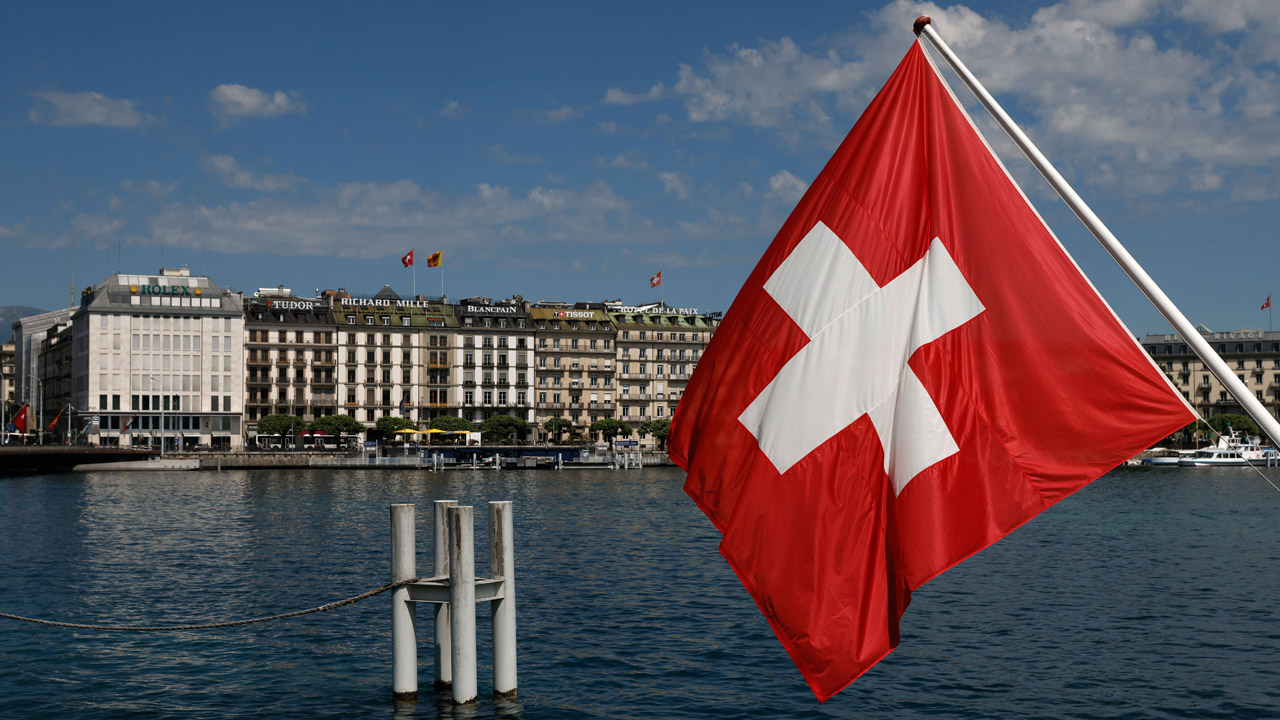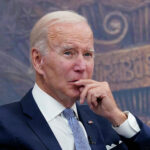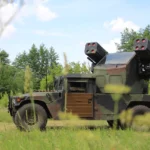At the Swiss Peace Summit, it is likely that Russians and Russian allies will not be represented. But how will the agenda in Switzerland differ? To what extent are Europeans ready to defend their independence and sovereignty in case of a threat, given that Russians are threatening countries in the Baltic and Central Europe so strongly?
First of all, based on their experience in mediating conflicts in Eastern Europe, such as Abkhazia, South Ossetia, and Nagorno-Karabakh, the Swiss constantly seek to play a role in such situations.
They see themselves as highly effective mediators, which often proves true. Therefore, I do not believe there is cause for concern that the Swiss are summoning European and American officials. This does not necessarily mean a softening of Europe’s position regarding Russia’s invasion of Ukraine.
Key European leaders, such as Emmanuel Macron, Olaf Scholz, and George Meloni, are fully committed to supporting Ukraine in its struggle against Russia. Assessing the level of assistance provided to Ukraine, it is worth noting that the UK and Germany rank second and third, respectively. Their commitments remain unwavering. Among European leadership, there is a common understanding of the potential threat to Baltic countries from Russia if NATO deterrent forces are considered weak, as we have already discussed.
A few years ago, a group of European analysts worked at an analytical center in Tallinn. They carefully examined the development of events in the coming years. They were most concerned about the possibility of Putin’s actions being repeated after Russia’s invasion of Ukraine in 2014. They feared a similar invasion in Eastern Latvia or Estonia, analogous to Crimea and Donbas, with a military operation by “little green men” that would be denied until it was too late. This would potentially put NATO in a position of choosing between a nuclear conflict with Russia or accepting Russian control over a less significant territory.
Initially, many Europeans dismissed this scenario, but now they recognize it as a real threat. There is a growing understanding of the need to demonstrate to Russia that NATO remains the only strong organization ready to defend its territory against any Russian aggression. Therefore, global issues will be raised at the Peace Summit in Switzerland this time, and the central point will be not only how to end the conflict in Ukraine, but also how to ensure its establishment thereafter, as this challenging task is also key to security in Europe.


